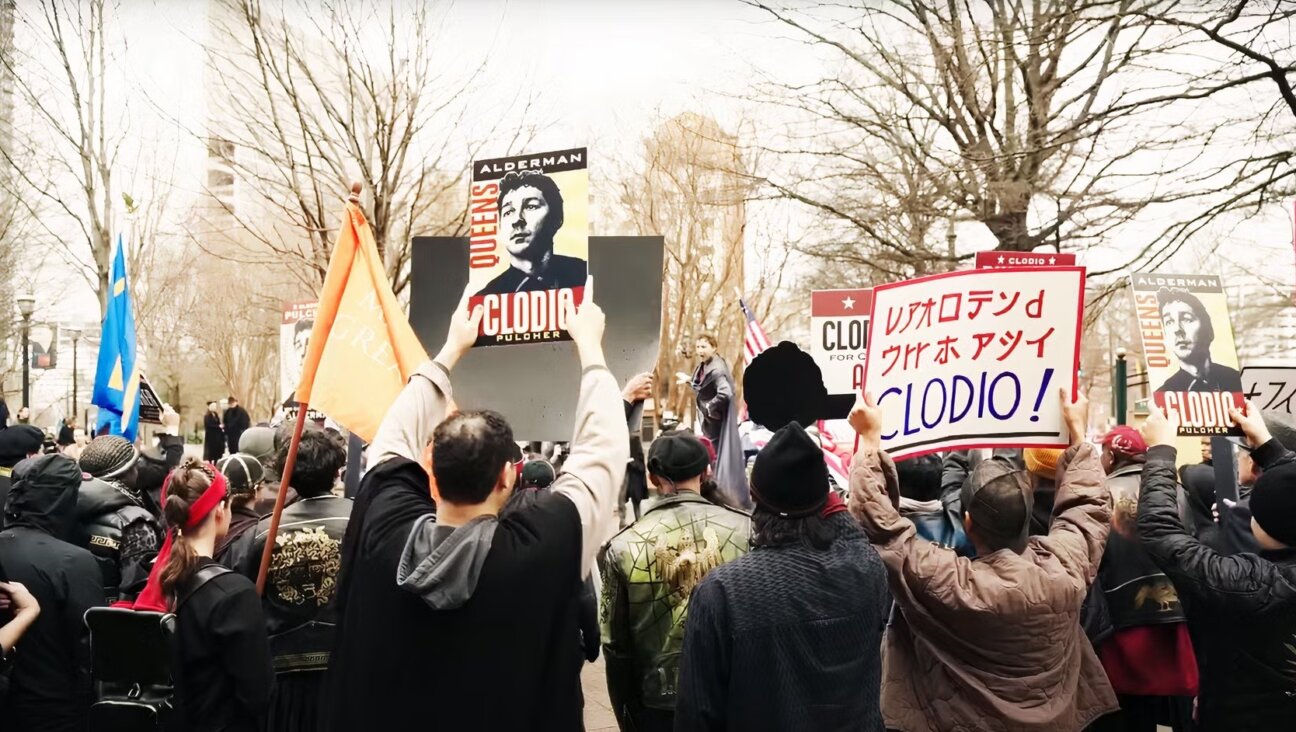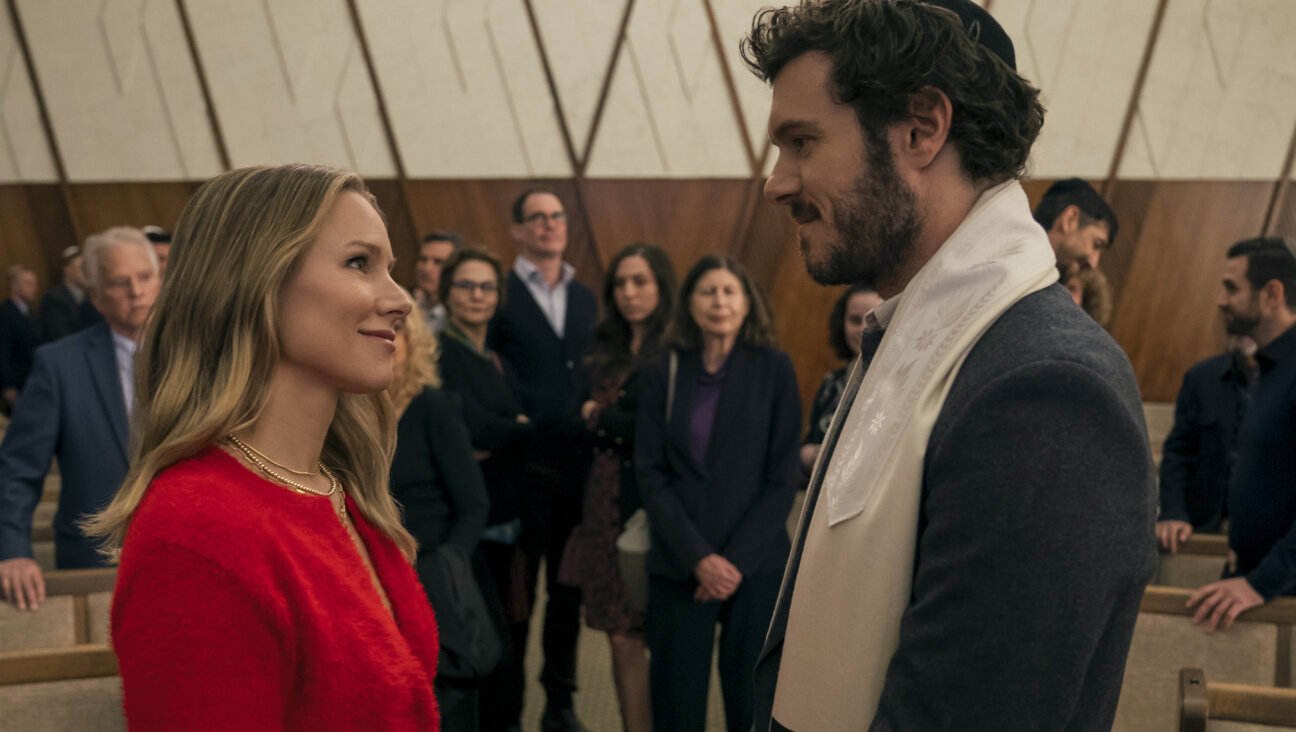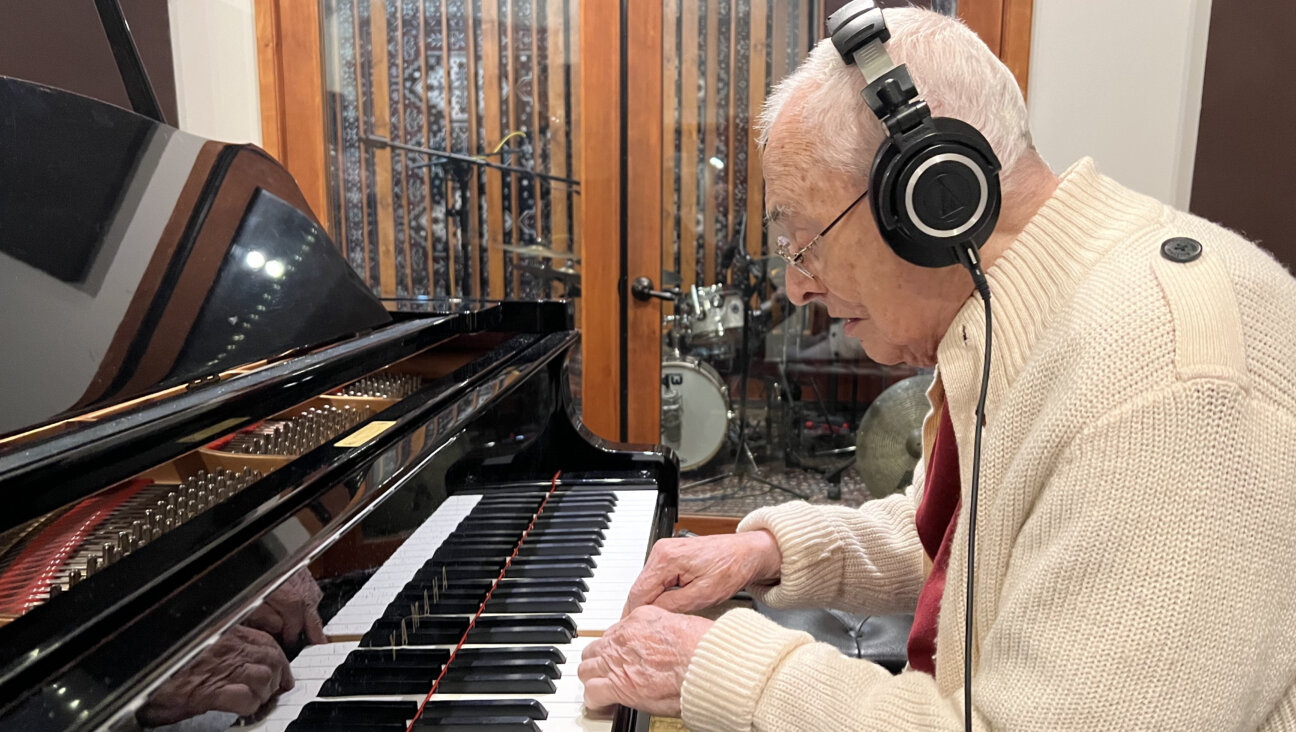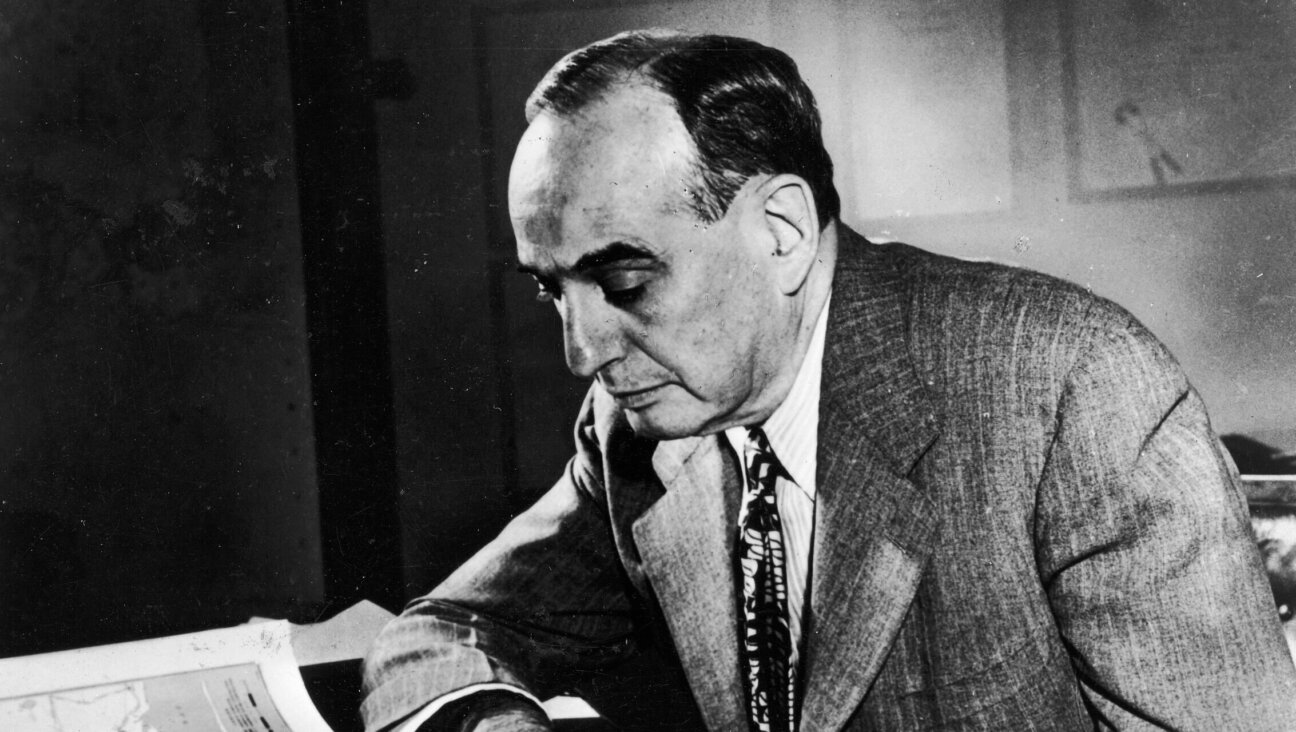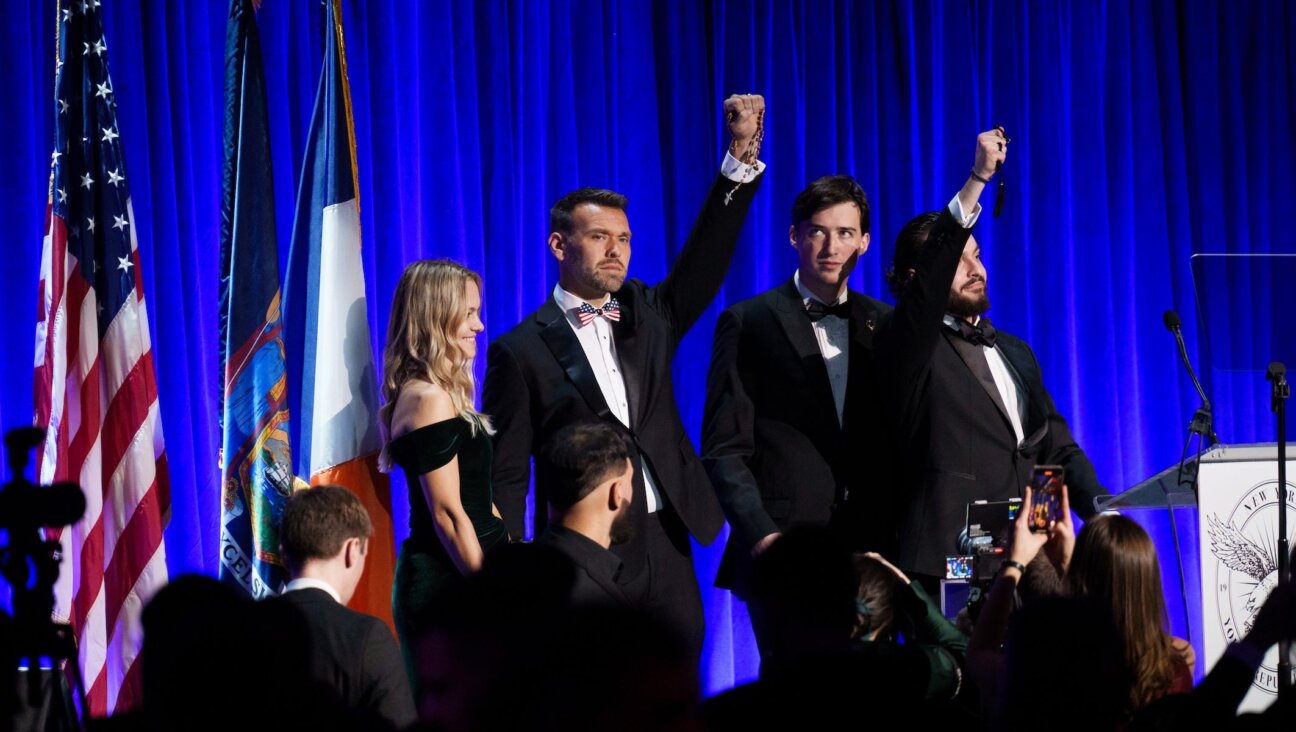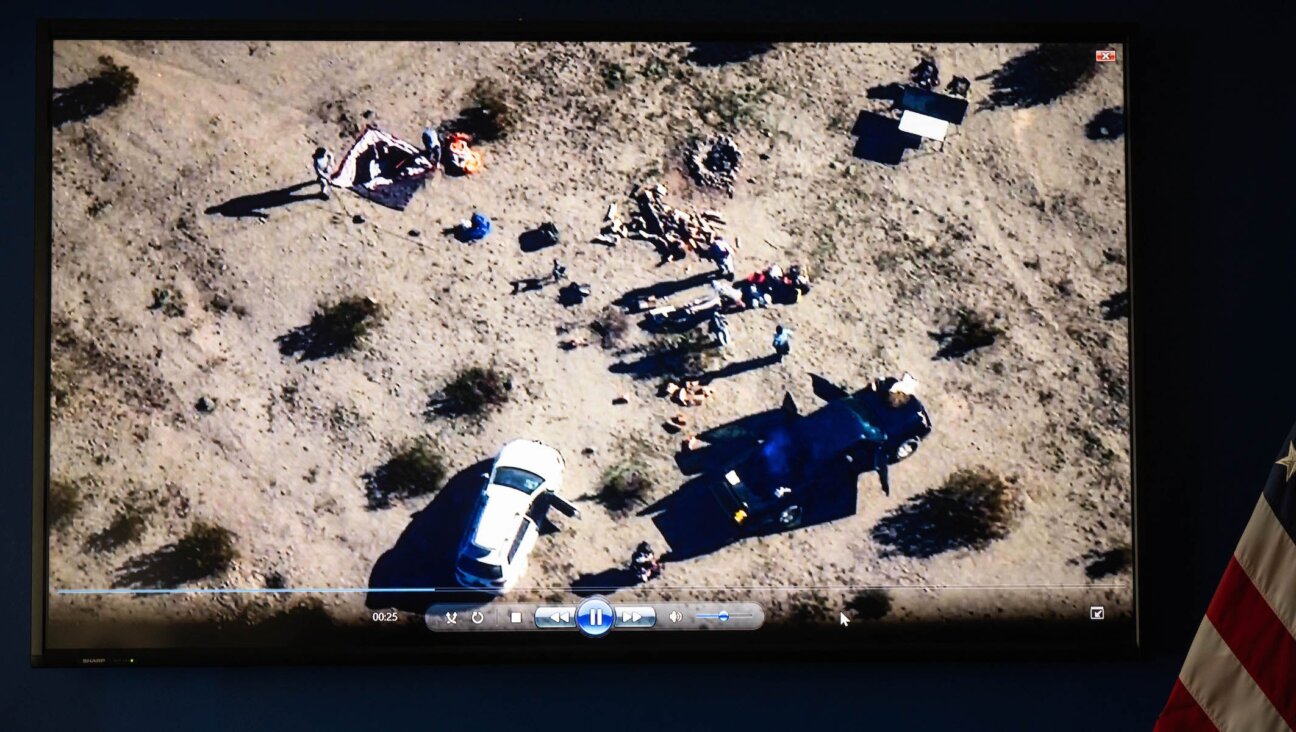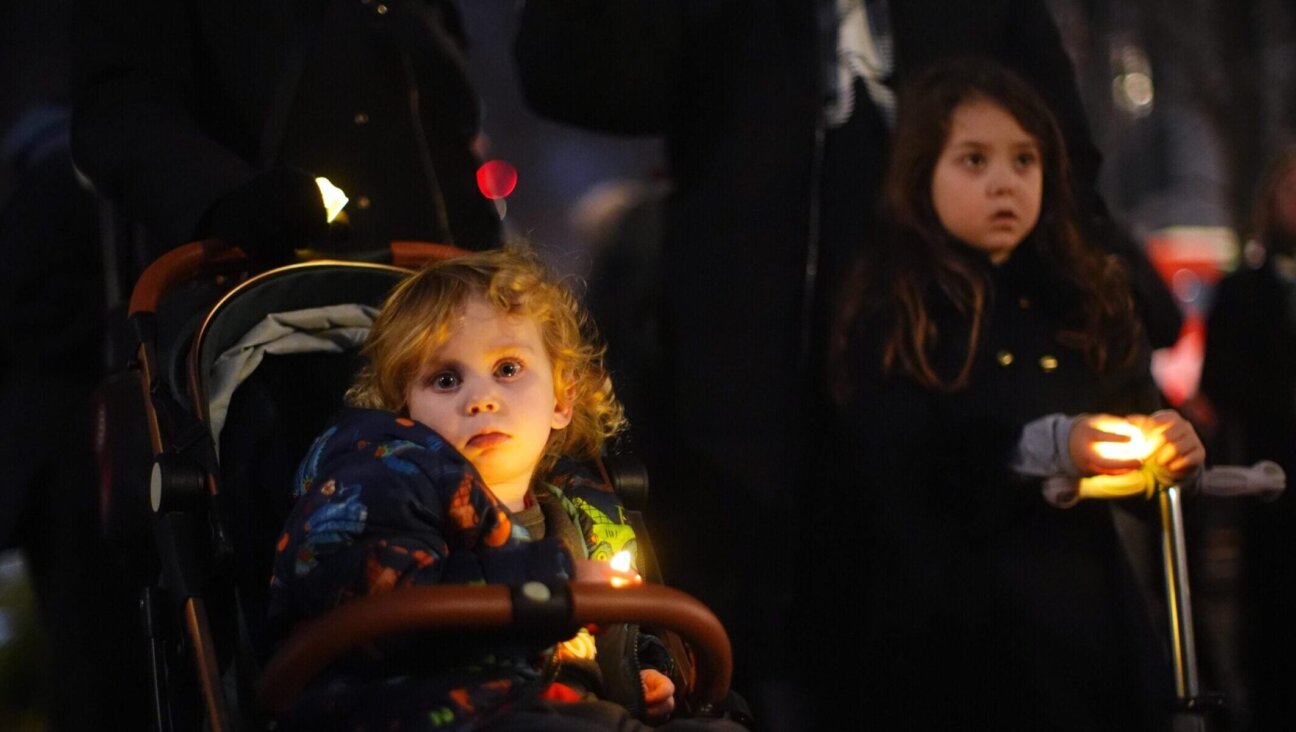Alicia Keys and a Brief History of the Israel Boycott
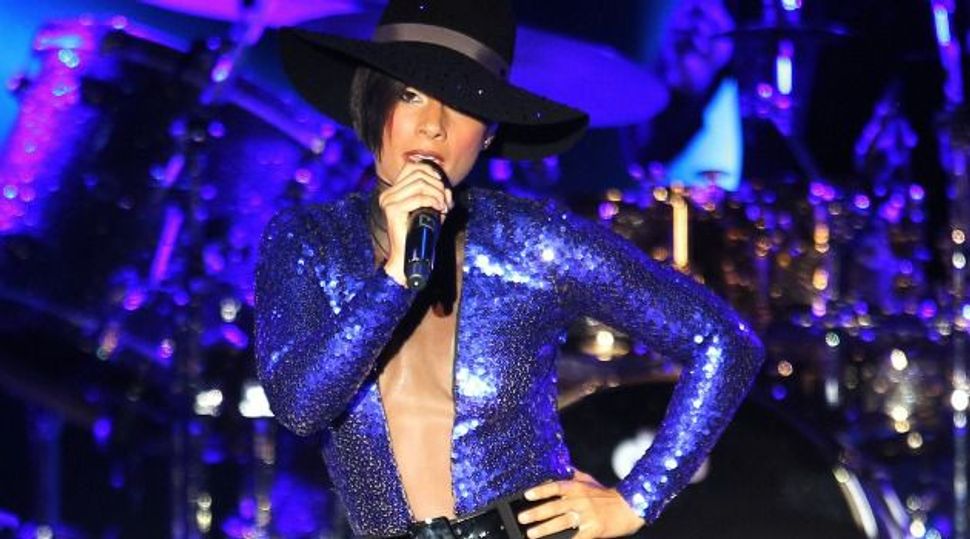
The Keys To Boycotting a Boycott: Alicia Keys played Tel Aviv on the 4th of July. Image by Getty Images
The question of whether or not to perform in Israel can be controversial for Jewish and non-Jewish artists alike. Will it be perceived as a political statement? Will it cost them fans? Not to mention the pressure from supporters of the Boycott, Divestment and Sanctions movement and, perhaps most influential, fellow artists.
The latest artist in this ongoing saga is Alicia Keys, who decided to boycott the boycotters and perform in Tel Aviv on the Fourth of July.
The first call for Keys to boycott Israel came from t author Alice Walker, who famously refused to allow “The Color Purple” to be translated into Hebrew.
Walker wrote to Keys that “a cultural boycott of Israel and Israeli institutions (not individuals) is the only option left to artists who cannot bear the unconscionable harm Israel inflicts every day on the people of Palestine, whose major ‘crime’ is that they exist in their own land, land that Israel wants to control as its own.This is actually a wonderful opportunity for you to learn about something sorrowful, and amazing: that our government (Obama in particular) supports a system that is cruel, unjust, and unbelievably evil.”
Despite pressure from Walker and from BDS groups and Pink Floyd frontman Roger Waters, Keys refused to give in. “I look forward to my first visit to Israel,” she told The New York Times in May. “Music is a universal language that is meant to unify audiences in peace and love, and that is the spirit of our show.”
“Ma koreh, Tel Aviv,” Keys said as she opened her concert.
To play or not to play? Here are the artists who have said yes, no or a very solid maybe to performing in the Holy Land.
NOT BOYCOTTING
PET SHOP BOYS (2013)
“I don’t agree with this comparison of Israel to apartheid-era South Africa,” Neil Tennant, wrote on the band’s website. The band performed a show in Israel on June 23. Tennant stated, “In apartheid-era South Africa, artists could only play to segregated audiences; in Israel anyone who buys a ticket can attend a concert.”
ELTON JOHN (2010)
“Nobody gonna stop me from playing here, baby,” John told an audience.“Music is, and always will be, a universal language, free from boundaries. It can and does inspire unity and builds bridges between people.”
JETHRO TULL (2010)
“To those who tell me I should ‘boycott’ Israel (or, for that matter, Turkey or Lebanon),” Ian Anderson, Jethro Tull’s lead vocalist, wrote in 2010. “On my travels around the world I am continually reminded of atrocities carried out historically by many nations who are now our friends, and it serves to strengthen my resolve that some degree of peace and better understanding may result from my and other artists’ professional and humble efforts in such places.”
JOHN LYDON (2010)
“I really resent the presumption that I’m going there to play to right-wing Nazi Jews,” Lydon told The Independent. “If Elvis-f——-g-Costello wants to pull out of a gig in Israel because he’s suddenly got this compassion for Palestinians, then good [for] him. But… until I see an Arab country, a Muslim country, with a democracy, I won’t understand how anyone can have a problem with how they’re treated.”
PAUL MCCARTNEY (2008)
“I do what I think, and I have many friends who support Israel,” McCartney said.
BOYCOTTING
ROGER WATERS (2013)
In March, Waters compared the Israeli occupation of Gaza and the Palestinian territories to apartheid in South Africa, and has called Israeli settlements “an impregnable obstacle to peace.”
Recently however, Waters has admitted to rethinking his call for a widespread boycott. “I am considering my position,” he said in an interview with HuffPost Live. “I’m thinking it all through extremely carefully because I care more about the outcome, because I care about the people involved, than I do about the moment.”
CAT POWER (2012)
In 2012, Power, also known as Chan Marshall, canceled her show after receiving threats from BDS groups. She tweeted that because of “much confusion” she could not play for her Israeli fans, and that she felt “sick in her spirit.”
ELVIS COSTELLO (2010)
“There are occasions when merely having your name added to a concert schedule may be interpreted as a political act,” Costello wrote on his website. “I must believe that the audience for the coming concerts would have contained many people who question the policies of their government on settlement and deplore conditions that visit intimidation, humiliation or much worse on Palestinian civilians in the name of national security. I am also keenly aware of the sensitivity of these themes in the wake of so many despicable acts of violence perpetrated in the name of liberation…. It is a matter of instinct and conscience.”
THE PIXIES (2010)
“The decision was not reached easily,” the band said in a statement. “We’d like to extend our deepest apologies to the fans, but events beyond all our control have conspired against us.”
HAVING IT BOTH WAYS:
PETE SEEGER (2011)
“I understand why someone would want to boycott a place financially, but I don’t understand why you would boycott dialogue,” Seeger, who participated in an online peace rally organized by Israelis, told the JTA. “The world will not be here in 50 years unless we learn how to communicate with each other nonviolently.”
STEVIE WONDER (2012)
“Given the current and very delicate situation in the Middle East, and with a heart that has always cried out for world unity, I will not be performing at the FIDF [Friends of the Israel Defense Forces] Gala…,” Wonder said in a statement to Reuters. “I am respectfully withdrawing my participation from this year’s event to avoid the appearance of partiality….” Wonder added: “As a Messenger of Peace, I am and have always been against war, any war, anywhere. In consistently keeping with my spirit of giving, I will make a personal contribution to organizations that support Israeli and Palestinian children with disabilities.”
ANNIE LENNOX (2010)
“The reason I’m here today is to use my freedom of speech, my right as an individual in a free world, to encourage people to get together and protest against this means of ‘conflict resolution’ which will never work.” Lenox said in 2009, during an anti-war rally against Gaza operations. The singer also objected to Tzipi Livni’s use of the Eurythmics song “I Saved the World Today” during her 2009 campaign. Lennox clarified her position in 2010 when she declared, “Both sides are right and both sides are wrong.”
Anne Cohen is a Forward summer fellow and is the editor of the Shmooze blog. She has contributed to Wewomen.ca, Vayable and The Huffington Post.

